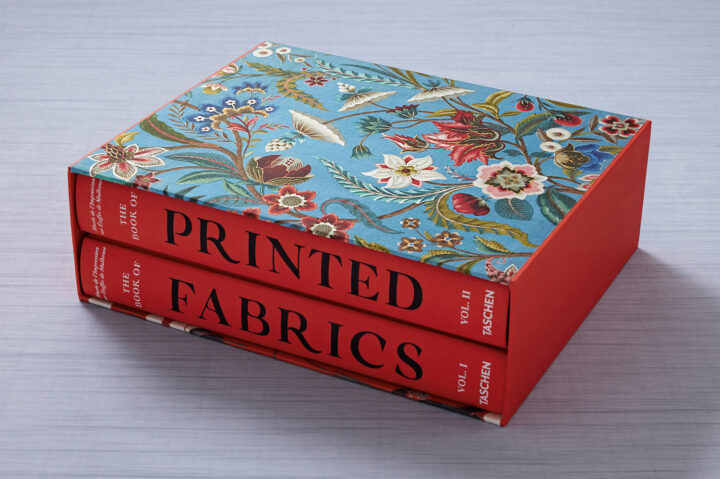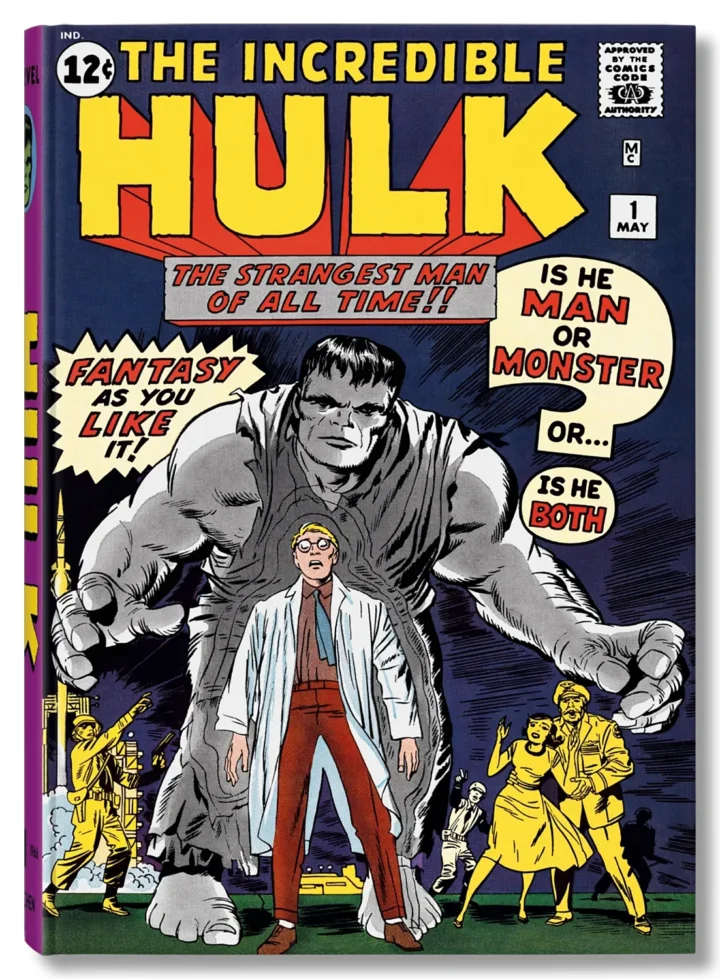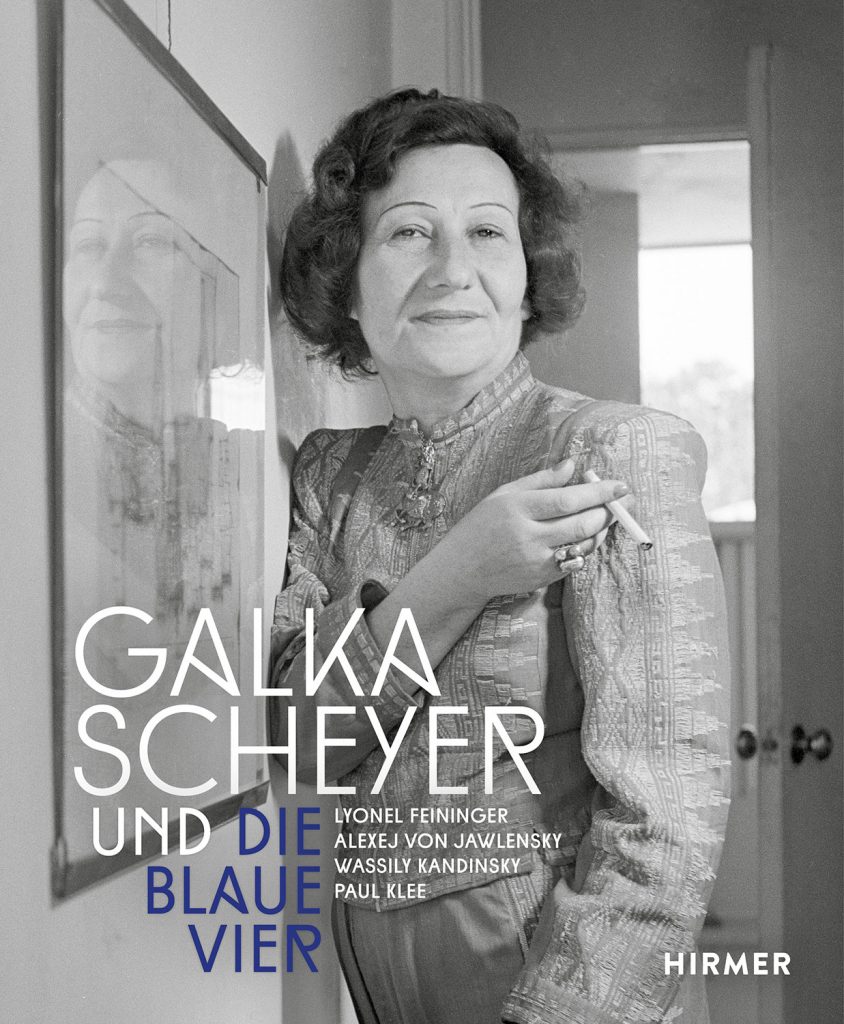
Photo: Hirmer Verlag
The silent patron of modernity
Galka Scheyer, born in 1889 to an upper middle-class Jewish family in Braunschweig, has received little attention in art history to date. Yet as an art dealer, she played an important role in the dissemination of European avant-garde art in America. After emigrating to the USA in the 1920s, Scheyer built up an artistic network there to make the works of European modernism by Kandinsky, Klee, Feininger and Jawlensky accessible to a wider public under the name “The Blue Four”. Scheyer’s life and work can also be seen as exemplary for the emancipation of women in an art world otherwise dominated by men.
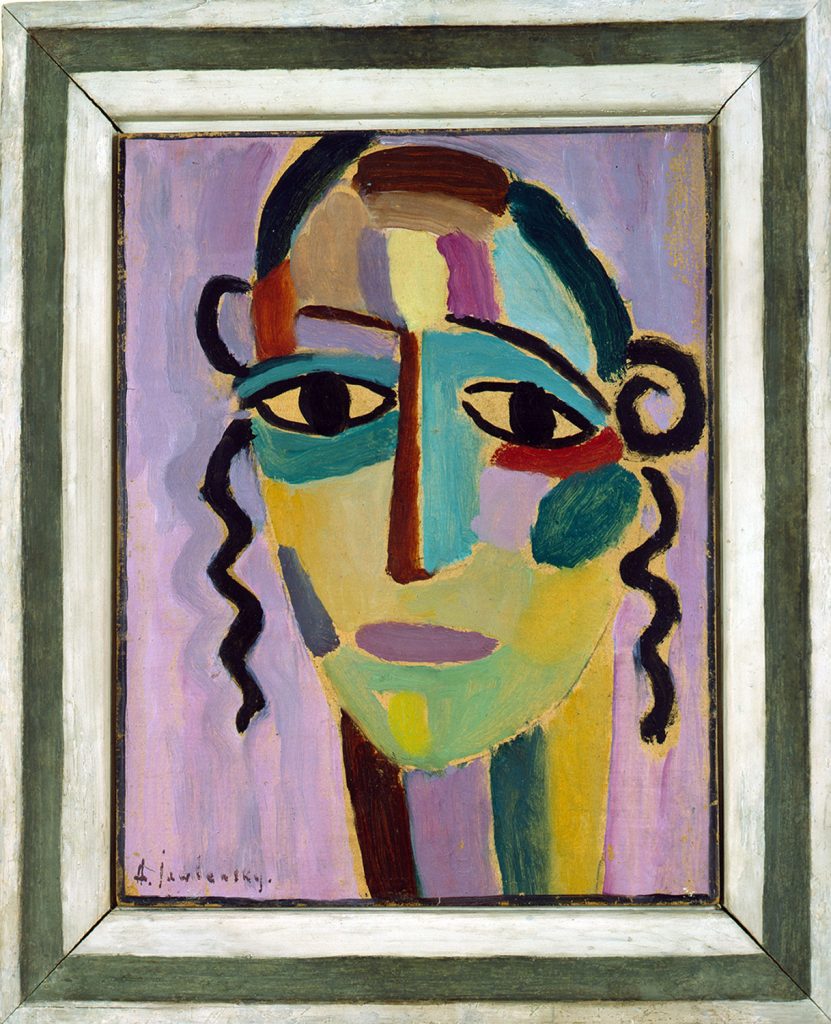
W. Fuhrmannek, Hessian State Museum Darmstadt
Influence and networks in America
In the USA, Galka Scheyer continued her tireless work to market the art of the “Blue Four”. She organised exhibitions, gave lectures and published writings that contributed significantly to the acceptance and popularity of the artists she represented. However, her commitment was not limited to introducing the American art public to European modernism; she also created a platform for the artists to present their works in an international context. Her circle of acquaintances in Hollywood included Greta Garbo, Marlene Dietrich, Josef von Sternberg and Erich Maria Remarque. Scheyer successfully used her contacts with the celebrities of the time to maximise the reach and influence of the artists she represented.
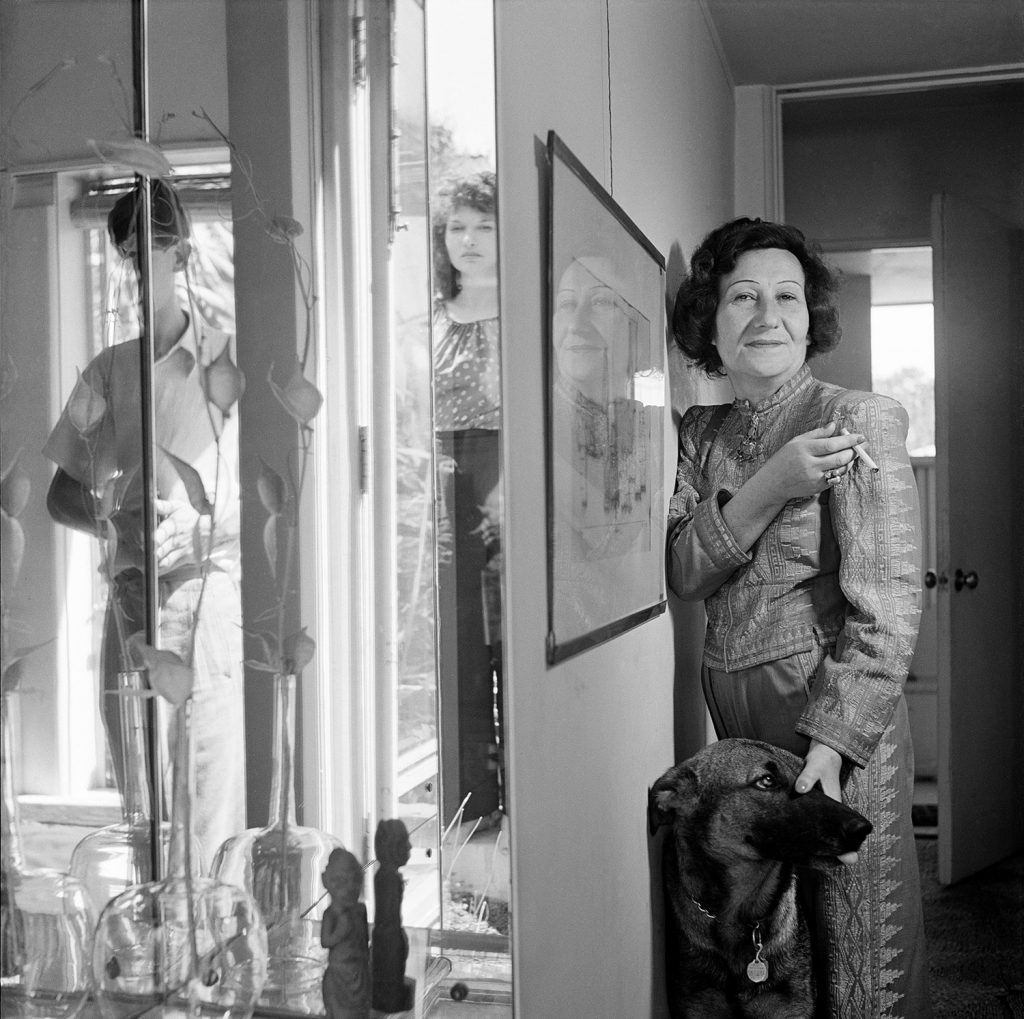
Photograph, detail, Estate of Alexander Hammid (Photo: Alexander Hammid)
Return and difficulties in Europe
Despite her success in the USA, Scheyer returned to Europe several times to promote the works of the “Blue Four”. However, these trips were overshadowed by the political and social upheavals in Europe, in particular the rise of National Socialism. Her efforts to promote modern art met with increasing resistance and the works defamed as “degenerate” were increasingly pushed out of the public sphere. Scheyer was discriminated against and could only continue her work under difficult conditions, which placed an additional burden on her personal situation. On 13 December 1945, Galka Scheyer, who was suffering from cancer, died in Hollywood at the age of 56.
A new look at Galka Scheyer
The book “Galka Scheyer und die Blaue Vier”, published by Hirmer Verlag, makes a significant contribution to honouring and rediscovering Galka Scheyer by giving her work and her innovative approach to art education a great deal of space. Through detailed research and extensive documentation, it enables a better understanding of Scheyer’s artistic network and her ability to deal with the social and political currents of her time. The book thus not only sheds light on Scheyer’s role in the art world, but also offers insights into the challenges and successes of a woman who asserted herself in a male-dominated industry and helped to spread modern art across continents.
Data
| Title | Galka Scheyer und die Blaue Vier (Galka Scheyer and the Blue Four – Trans. Ed.) |
| Editor | Peter Joch, Bianca Strauß |
| Publisher | Hirmer |
| Cover | Hardcover |
| Pages | 288 pages, 230 colour illustrations |
| Language | German, with an essay in English |
| Dimensions | 23,5 × 28,5 cm |
| ISBN | 978-3-7774-4332-4 |
| Price | 49,90 € |
Further information
Further information on the book “Galka Scheyer und die Blaue Vier” (DE)(Advertising) can be found on the Taschen-Verlag website.
Compliance
The book was kindly made available to us by the publisher. The presentation and rating of HYPERMADE remains independent of this and is based solely on the content of the book.

